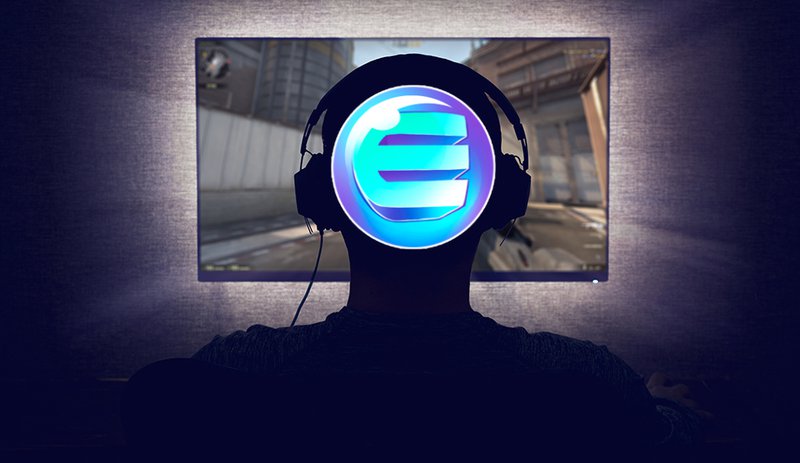2018-10-15 18:32 |
PricewaterhouseCoopers (PwC), Deloitte, Ernst & Young (EY) and KPMG, better known as the “Big Four” auditors, all have established solid long-term blockchain roadmaps to remain relevant in the cryptocurrency and blockchain space. The four professional services conglomerates, which combined employ over a million individuals, have different roadmaps and perception of the future of the blockchain industry.
KPMG has now decided to refresh its distributed ledger technology (DLT) strategy, according to new U.S. blockchain lead Arun Ghosh. Notably, KPMG is focusing on the point where cross-border manufacturing and supply chain meet finance, customs duty, taxation and compliance. This is different than the usual supply chain use case, Ghosh said.
“You hear that supply chains have been addressed by DLT – but have they? If you peel back the layers, these supply-chain implementations are simple track-and-trace. The value is missing.”
As a corporate tax consultant to many large companies and conglomerates, KPMG is well aware of the complexity and pain points around the movement of unfinished goods from one country to another country or jurisdiction for those to be either finished, integrated, or added to a broader bill of materials. So Ghosh and his team have combined KPMG's enterprise efforts around testing and evaluating private and permissioned blockchains with its customs and duty expertise in this area.
In the months to come, the conglomerate emphasized that with the appointment of Arun Ghosh as the firm’s U.S. Blockchain leader, and David Jarczyk and Erich Braun as the U.S. Blockchain Tax and Audit leaders, it will work with partner companies to create comprehensive blockchain strategies and guidance. The decision of KPMG to pivot its blockchain business to risk assessment and audit comes after the release of its report called “The Pulse of Fintech,” which revealed that the first half of 2018 has exceeded the total investment in blockchain technology made in 2017.
In the first half of 2018 KPMG started looking at how blockchain could be applied in a simple parts provenance exercise for a particular aerospace component. It was anything but simple, however, involving imports between three regions and at least 20 manufacturing sites, with thousands of components comprising the bill of materials for a particular aerospace part.
Duty drawbacks, which are refunds of certain duties, internal and revenue taxes collected upon the importation of goods, can vary depending on whether a component was designed in a particular country (in a free trade zone, for example), which may mean tax credits can be applied for, even if it's made elsewhere. Blockchains and the applications that run on top of them can cut through this complexity and automate the whole process.
origin »Bitcoin price in Telegram @btc_price_every_hour
High Performance Blockchain (HPB) на Currencies.ru
|
|



















